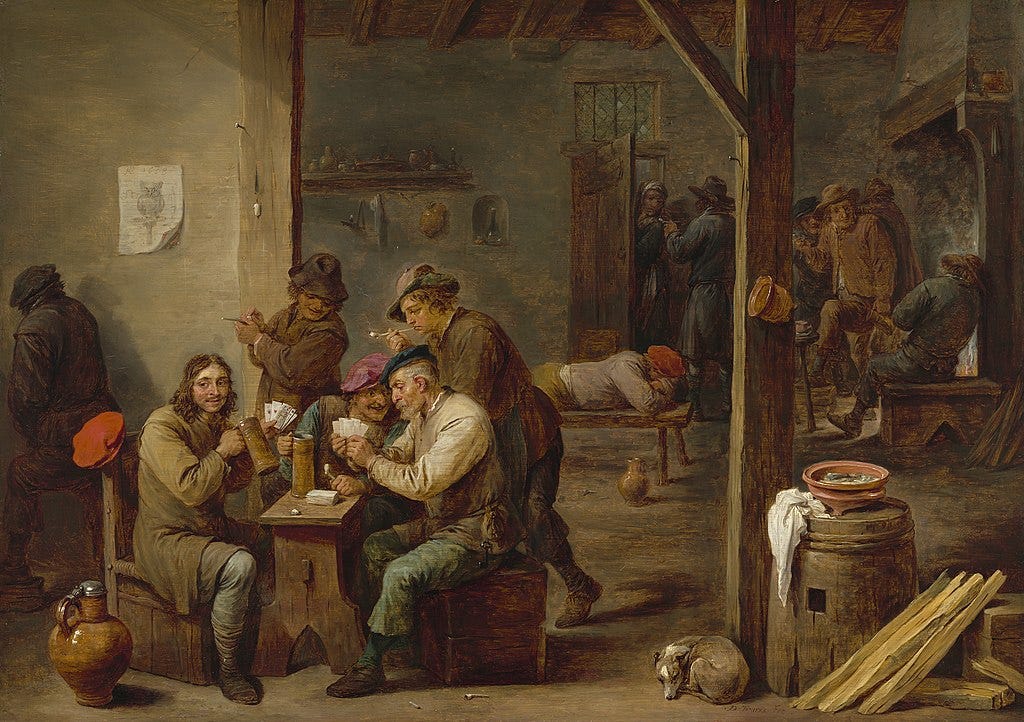This is an entry in the Saturday series of Timeless & Timely called “Off the Clock,” where we focus on words, a quirk of history or literature, or something just plain fun.
“Were a language ever completely ‘grammatical,’ it would be the perfect engine of conceptual expression. Unfortunately, or luckily, no language is tyrannically consistent. All grammars leak.” — Edward Sapir, 1921
In my recent conversation with Benjamin Dreyer, author of Dreyer’s English, about the importance of language to leaders, we landed on grammar.
Episode 38: The Language of Leaders
As vice president, executive managing editor and copy chief, at Random House, Benjamin Dreyer pays attention to words. And people pay attention to Dreyer's words. More recently, they've been paying attention to Dreyer's English, a New York Times bestseller.
One of the shockers: “grammar,” he said, was “one of [his] least favorite subjects.”
However, he pointed out that he felt compelled to study it and to understand the different parts of speech to be more effective as an editor.
And, like him, while you may not be able to name parts of speech or grammar rules, you know them when you see them because are smitten with the written or spoken word.
For this week’s Off the Clock, I thought you might appreciate these references to various elements of writing, through the construct of the old “walked into a bar” style of jokes mixed with wordplay.
If you can make it through these, there’s a book recommendation at the end.






